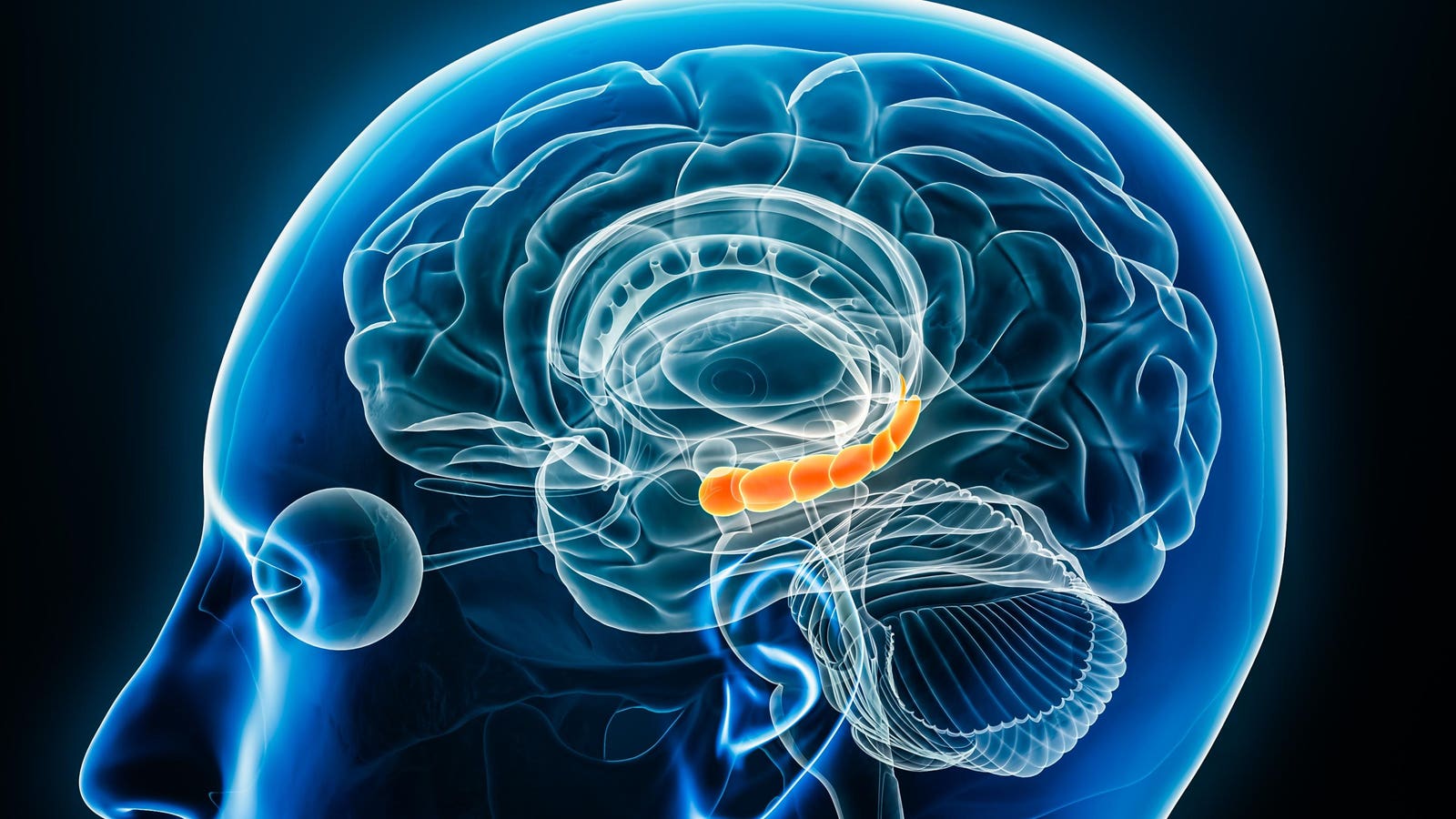Exercise is good for one’s health. However, a recent study has shown that spending too much time sitting down or lying down can be bad for one’s brain health, even if one exercises regularly.
Dr. Marissa Gogniat of the University of Pittsburgh and colleagues studied 400 people over a 7-year period, tracking levels of physical activity, sedentary time (such as sitting down), neurocognitive function, and brain volume loss measured with MRI scans.
They found that, “Greater sedentary behavior was associated with smaller hippocampal volume and worse cognitive performance over a 7-year period despite taking into account the level of daily moderate-to-vigorous physical activity each person engaged in.”
Although the exact mechanism for this loss of brain function is not completely understood, the researchers recommend that, “healthcare professionals might consider assessing not only a patient’s exercise regimen but also the amount of time they are sedentary throughout the day, recommending a reduction in such sedentary behavior in addition to increasing daily physical activity.”
The hippocampus of the brain — a critical portion of the brain the helps with learning and memory.
On the other hand, overwork can also alter one’s brain. Researchers in South Korea studied brain structural changes in people who worked fewer than 52 hours per week vs. those who worked more. They found that, “People who worked 52 or more hours a week displayed significant changes in brain regions associated with executive function and emotional regulation, unlike participants who worked standard hours.” In particular, “the overworked group showed higher brain volume in the areas which regulate executive function: the left middle frontal gyrus, left precentral gyrus, bilateral superior frontal gyrus-dorsolateral, and insula.”
How to interpret that data isn’t exactly clear. The researchers suspect this reflects “neuroadaptive responses to chronic occupational stress.” They also note that overwork is already known to lead to mental health problems, such as depression and anxiety. However, whether the brain changes are a cause of the mental health issues, an effect of them, or are independent manifestation of overwork is unclear.
As an analogy, people who work in physically demanding but risky jobs such as coal mining might have both greater muscle mass as well as shortened life expectancy due to accidents. The increased muscle mass is neither a cause nor an effect of the decreased life expectancy, but rather independent manifestations of the chronic work environment.
The Korean research team acknowledges this noting, “While the results should be interpreted cautiously due to the exploratory nature of this pilot study, they represent a meaningful first step in understanding the relationship between overwork and brain health.”
So how do these research studies apply to our everyday lives? Although both studies have limitations, they suggest that both too little activity and too much stressful work can affect our brains.
The first study illustrates the importance of both regular exercise and reducing sedentary time. For example, a retiree might wish to avoid sitting for hours at a time watching television (or working in front of a computer), but rather break up that time with regular standing and walking breaks every 30-45 minutes. In addition to a daily workout, consider regular ongoing movements throughout the day.
It is more difficult to draw definitive conclusions from the second study. The observed brain changes from overwork have not been linked to specific cognitive or emotional deficits. But workers can still strive to maintain an appropriate work-life balance, including limiting excessive work hours, and advocating for healthier workplaces.
I am not surprised that physical inactivity and workplace stress can affect the brain. I am also excited to know that we now have ways of measuring some of these brain changes, and may soon be able to better understand how to optimize our levels of activity to best protect our brain health.









